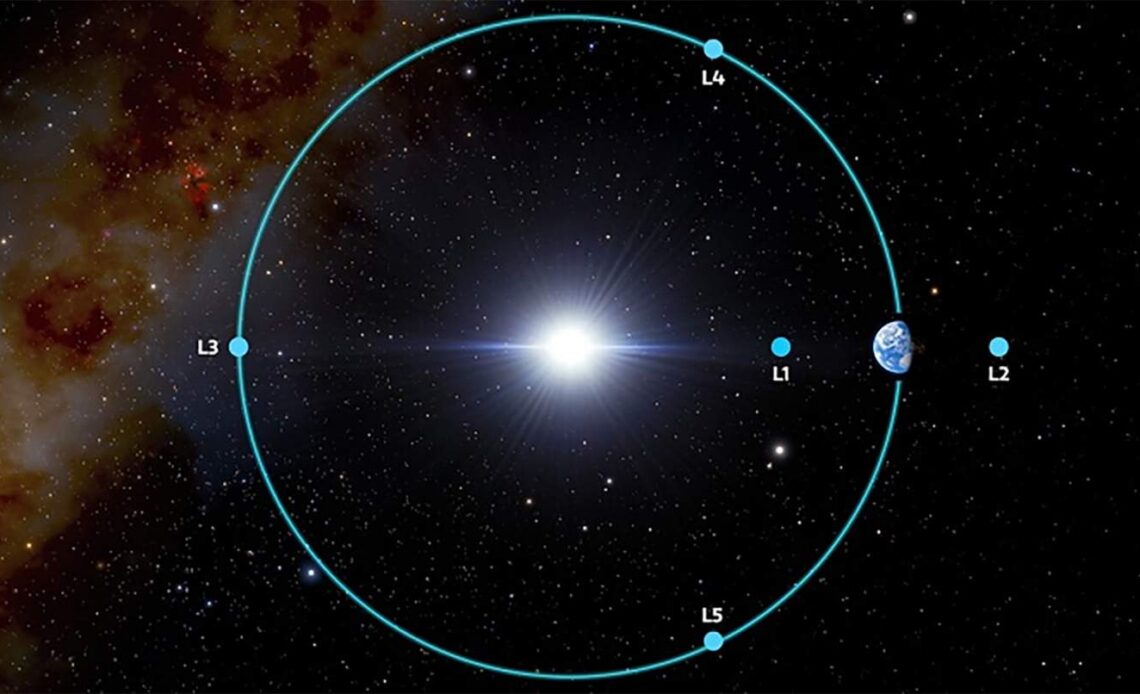
Astronomers have found new Trojan asteroids who follow the same path around the Sun as the earth. Dubbed 2020 XL5, the newly discovered Trojan is the second asteroid that has been found, with both discoveries occurred over the past ten years. Asteroids overshadow the earth and as in the same general orbit, there is no danger that collides with the planet.
The name “Trojan Asteroid” comes from Jupiter Trojan, a series of asteroids that follow the Jupiter planet in their orbit around the sun. The name was given to the asteroid family after several had been named from Trojan Heroes that appeared in Iliad.
Trojan asteroids can hold their position in relation to a much larger body like planets because they are in each Lagrange point. When the New York Times wrote, “When two objects orbiting each other, there are five points, known as the Lagrange point, where the gravity is basically balancing, and a much smaller mass can sit there in balance. Two of five points Lagrange, known as L4 and L5, is stable: if a small body is a little positive, it remains at that time. On three unstable Lagrange points – L1 via L3 – the urge will push the small body forever. “
Asteroid 2020 XL5 appeared around Lag Lagrange Point in the Bumi-Sun system. Scientists estimate that Trojan asteroids arrived at the current location in the last few centuries and had to hold their position around 4,000 years before being pulled out of their current orbit by Venus. If you have followed the Mission Space James Webb telescope, you will realize that it is now positioned in Lagrange Point 2 (L2). While it is still the position of the gravitational balance between the Sun and the earth, L2 is actually a little less stable than where the asteroid 2020 XL5 is, even though Webb has the benefit of the driver to store it in the correct position.
Asteroid 2020 XL5 is about three quarters of miles across making it greater than the first trojan asteroids found in the Orbit Bumi, Trojan Asteroid 2010 TK7, which is about a quarter of a mile. The Trojan Asteroids earth is difficult to recognize because the angle from which they can be observed. They can only be observed when close to the sun and right above the horizon, creating a situation where visibility is low and the potential time of observation is only a few minutes. The team overcame this problem by identifying the 4 meter class telescope that is best positioned to make this observation. It is 4.3 M Lowell Discovery Telescope (Arizona, USA) and 4.1 M Soar Telescope, operated by NSF’s Noullab (Cerro Pachón, Chile).
The scientific possibilities offered by the invention of interesting Trojan asteroids. They are considered the remnants of the early formation of the solar system and, in this case, can even offer insight into how the earth is formed.
The newly discovered 2020 xl5 asteroid is dark and is considered to be rich in carbon and has the potential to become a pure time capsule that is worth checking closer. Because 2020 XL5 lies at point L4, it makes sending a spacecraft to check it quite decent. This will be a relatively low cost mission because the energy needed to achieve it and then stay with it in the orbit is quite low. Lead researchers who found 2020 XL5, Toni Santana-Ros from the University of Alicante even suggested that “the earth’s trojan might be the ideal base for advanced exploration of the solar system, or they can even be a resource source.”
